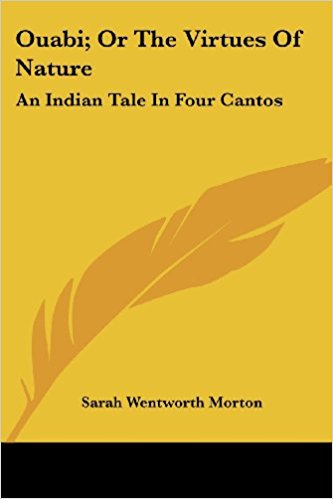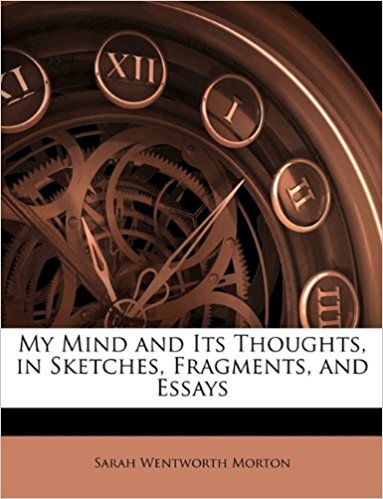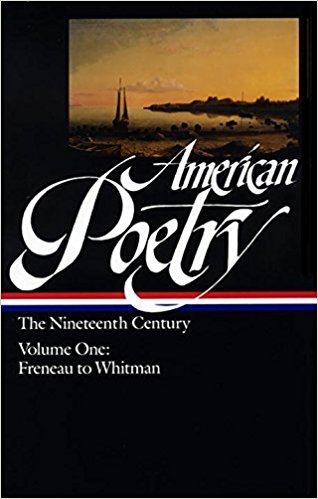About
Born in Boston, Sarah Wentworth Morton married Perez Morton in 1781. Sarah wrote privately and served the role of traditional housewife until her marriage fell apart in 1788 due to an affair between her husband and her sister Frances. Because of the publicity of the affair and family pressure, Frances committed suicide, and Sarah’s health deteriorated, causing her to lose three of her five children.
In 1790, Sarah published for the first time with the work Ouâbi: or the Virtues of Nature. An Indian Tale in Four Cantos under the pseudonym Philenia Constantia. The poem tells of a love triangle between an Illinois war chief, his wife Zisma, and a colonist in love with Zisma. The poem inspired Gram’s “The Death Song of an Indian Chief,” as well as the drama The American Indian by James Louis Bacon. Sarah researched her work thoroughly, especially using The Letters of William Penn.
Sarah’s other publications include Beacon Hill: A Local Poem, Historic and Descriptive (1797) and its companion Beacon Hill: The Virtues of Society, A Tale Founded on Fact (1799), both political commentaries on the freedom following the American Revolution. Most of Sarah’s fame, however, comes from her poem The African Chief of 1792, which became an important work for the abolitionists of the 19th century.
In 1807, Sarah withdrew from literary society, though she did publish My Mind and Its Thoughts, in Sketches, Fragments, and Essays in 1823.
–Christie Finn




